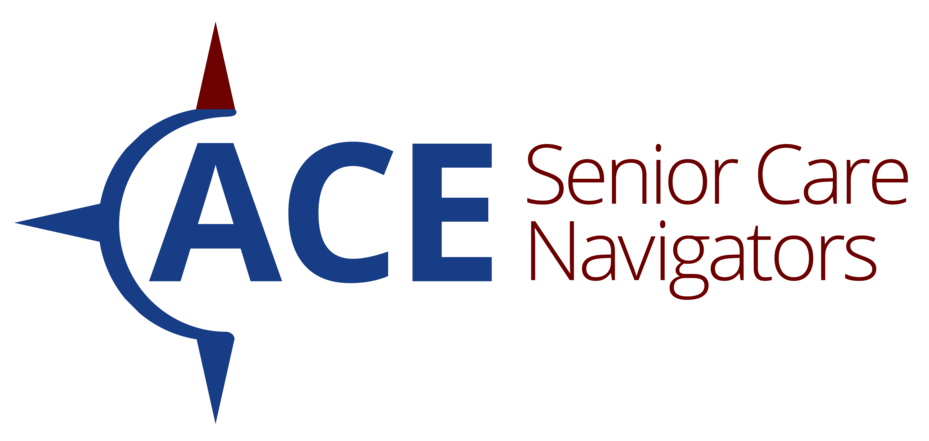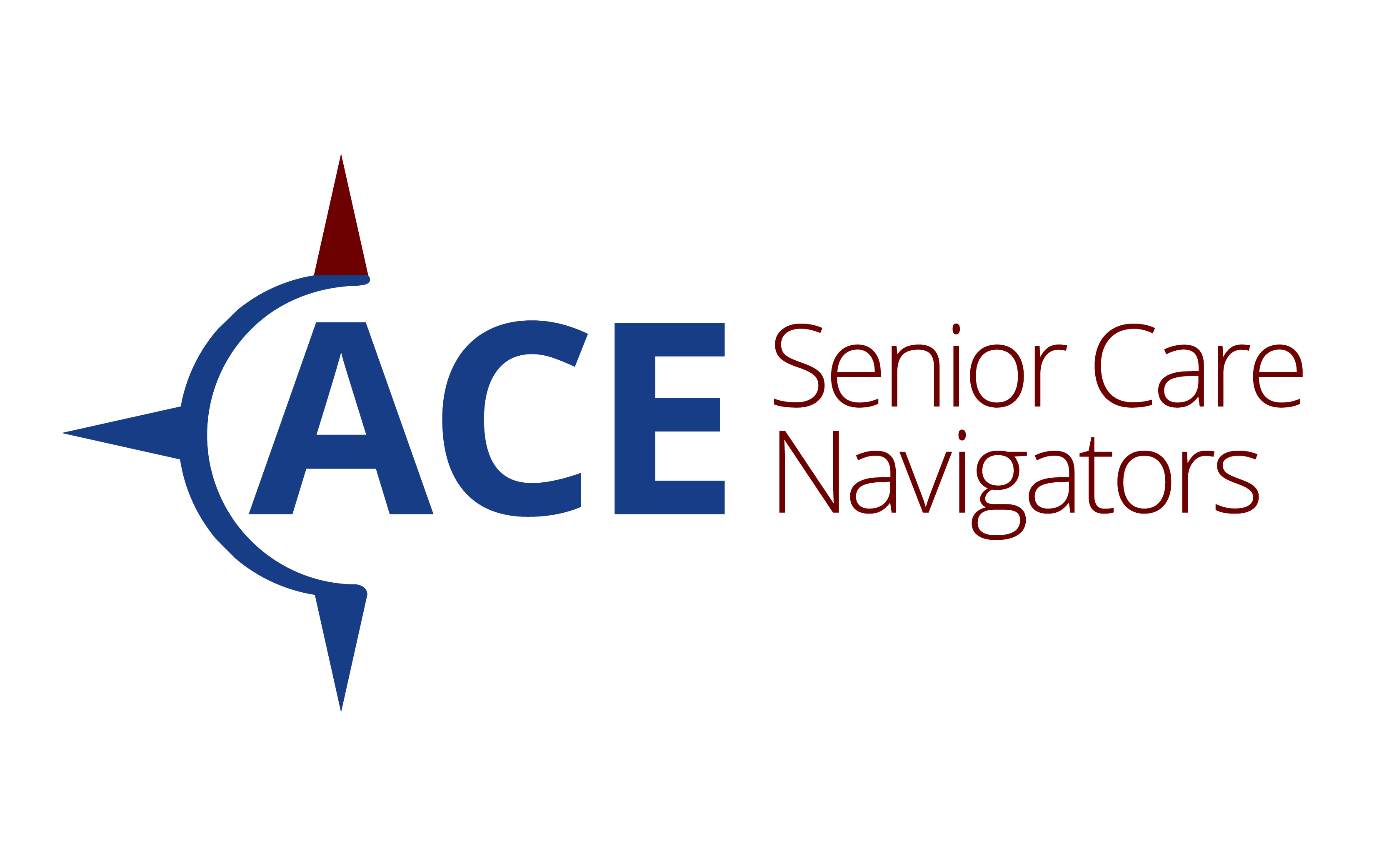Meet a Consultant Pharmacist: Nadya Northrop, RPh., PharmD

Today we are excited to share with you our interview with Nadya Northrop, RPh., PharmD. Nadya is a consultant pharmacist with extensive clinical experience in pharmacy and patient counseling. In 2023 she opened Pharm D Insight to provide pharmacy consulting services to older adults and their loved ones. We are so lucky that Nadya is here to share her insight with us.
Nadya, tell me how you got started working in pharmaceuticals and what made you want to start your business?
I’ve always wanted to be in healthcare in a role where I could get to know patients and help them achieve their short-term and long-term health goals. I have several family members who have worked in pharmacy, so it felt like a good fit.
I’ve worked extensively in several outpatient pharmacies. I really loved working with people and seeing how medications were able to help them. But over the years, market factors and insurance companies have driven community pharmacy in a different direction. Unfortunately, pharmacists are often too busy to allocate the necessary time to spend with patients. While I have seen news coverage on this issue, little has been done to remedy the situation.
My passion has always been in patient counseling, so I started my company, PharmD Insight, to help those who take many medications (often older adults) achieve their medication goals through my services as a consultant pharmacist.
You have an incredible professional background, Nadya. We know too from our clients that many providers, pharmacists included, do not have the time patients need. Can you share with me what a consultant pharmacist does?
I meet with the client in their home or via Telehealth and review all the medications they take. I evaluate both prescription and nonprescription medications, including vitamins, herbs – everything. I look for troublesome side effects and interactions. I conduct an interview to see how the client is doing on these medications. My role is centered on providing patient education. When I am done, my clients feel that they have a much better understanding of what they take and why. I encourage the client to have a loved one join the first session so that they can learn too. I also look for duplications of medications and unnecessary medications. When appropriate, I recommend changes to the medication regimen, though these are things that clients should always discuss with their doctors. I also fill clients’ pillboxes to improve their compliance with medication management.
This is such a valuable service, Nadya. And we see all the time how Seniors may struggle with any of those aspects of medication management. Can you share more information on how your services as a consultant pharmacist benefit your clients?
Everyone should be an informed healthcare consumer. You should understand what medications you take and why. I empower clients to achieve that level of understanding and to feel more comfortable discussing medications with their doctor.
My services can help prevent hospitalization or worsening of a condition. Recently, I found an error that even slipped by sophisticated computer screenings. A client’s pharmacist had not given her the full dose of her antibiotic, only 7 of the 10 days’ worth. With antibiotic therapy, it is crucial to take the medication for the full course. This error was not caught by the dispensing pharmacist or by the computer system. I helped her obtain the full dose, but had she not, there is a chance that the infection would not have been cured, she might have needed a completely different antibiotic, or she might have even needed hospitalization.
In another case, a client was supposed to start a new pain medication that would have potentially reacted with her antidepressant. Her doctor agreed with my assessment of a potential serious drug interaction and decreased the dose of the original drug by 50%. He decided to monitor the patient more closely to be on the lookout for that interaction and respond accordingly.
Overall, I help my clients by making them more knowledgeable about their meds and by finding drug issues that could potentially lead to hospitalization. And by filling their pill organizers, I promote correct use of the beneficial medications which helps keep my clients at their healthiest and out of the hospital. My services also help clients to age in place.
Those clients are very lucky to have had you, Nadya! What are some of the misconceptions that people have regarding their medication and how it correlates to other health factors such as falls?
In our culture, the old adage is the more drugs I take, the better I will feel. Often, patients visit the doctor expecting to be given a prescription when it may not always be necessary. Many older adults have a problem called polypharmacy, which is defined as taking five or more medications daily. The trouble with polypharmacy is that it leads to more side effects and interactions. It is, in itself, even a fall risk. Because of these side effects, a movement has arisen to assess the necessity of each medication and try to deprescribe (ie, take away) drugs from someone’s regimen.
Another misconception related to polypharmacy is that this is just part of aging. People have come to conclude that the older you are, the more drugs you need. While it is true that as we age, we tend to add new medical problems, it is always wise to ask the doctor if the medicine is necessary or if a lifestyle modification may be a more advantageous/prudent long-term treatment. A good example is sleep medicines. Older adults can have difficulty sleeping, and the side effects of sleeping pills present a fall risk. There are many evidence-based lifestyle changes that people can try first.
Many people also feel that ‘if my doctor prescribed it, they know it is best for me’. While that is generally true, doctors don’t always have the full picture of the drugs you take, especially if some are prescribed by specialist providers. Also, even if they do know everything a person is taking, many specialists don’t keep up on drugs prescribed by providers outside of their relevant disciplines.
Nadya, thank you so much for taking the time to share your experience and expertise with us. We feel so lucky to partner with consultant pharmacists like you for the safety and well-being of our clients. And be sure to check out Pharm D Insight on social media!
Challenges with medication management are just one of the challenges that many Seniors and families face when navigating the later years. Reach out today to schedule a complimentary consultation to learn how geriatric care management supports you and your family.



